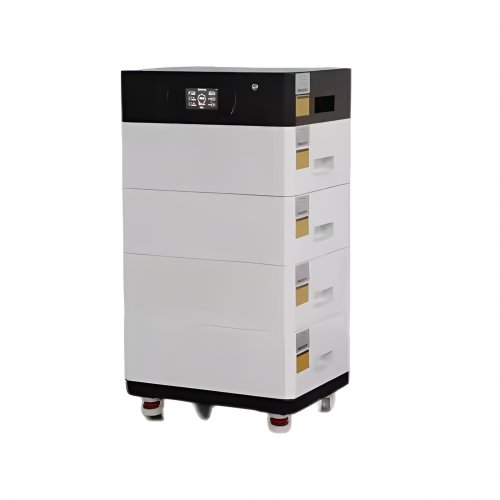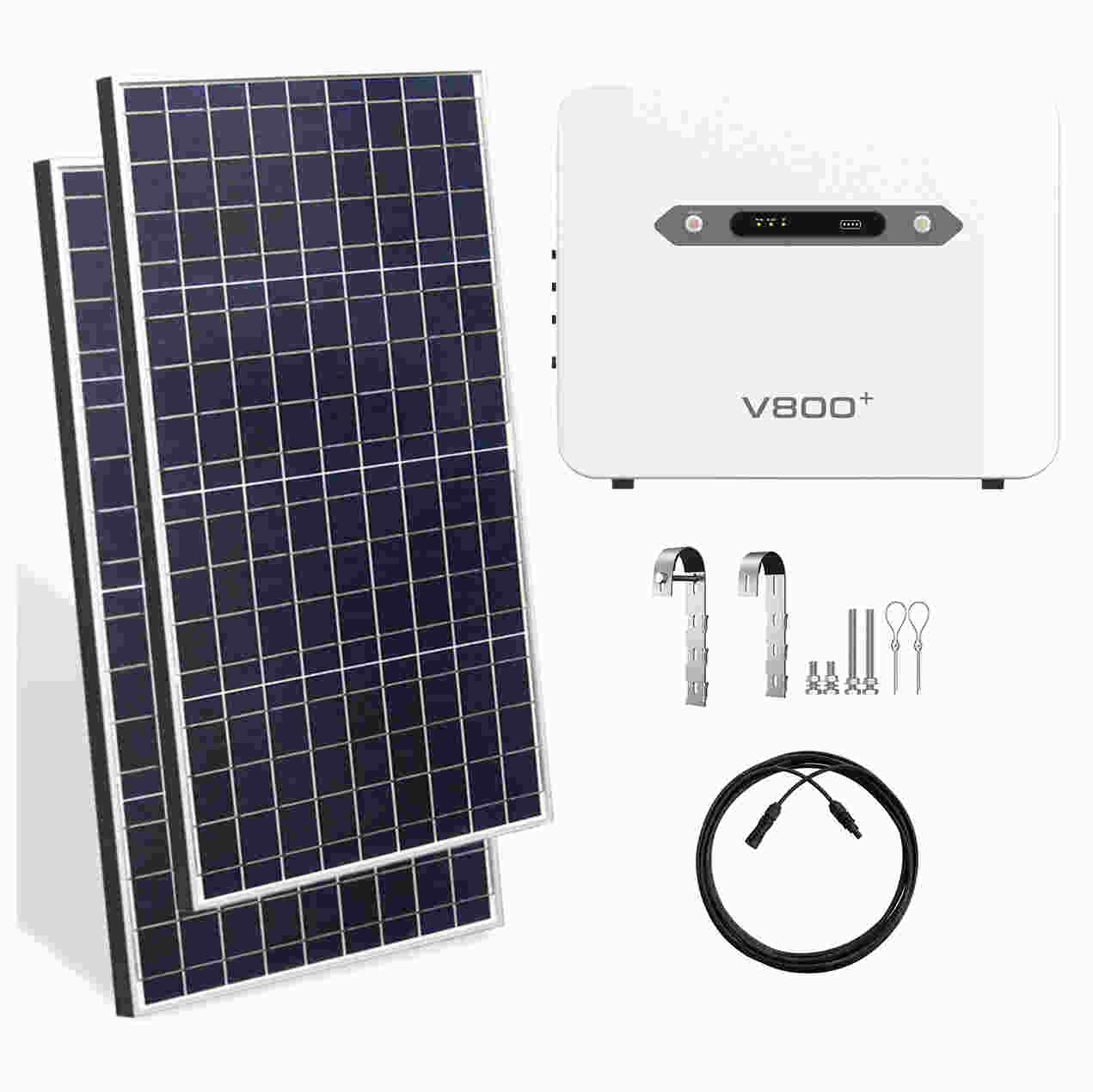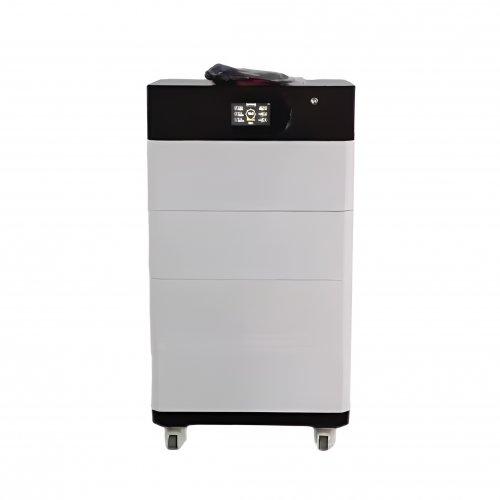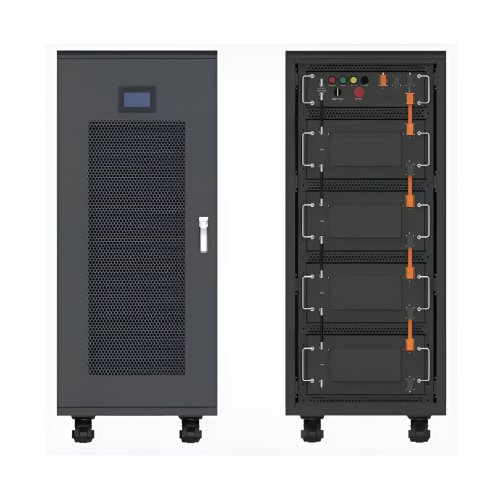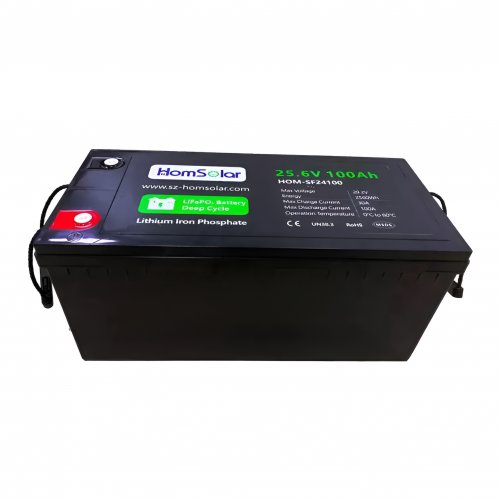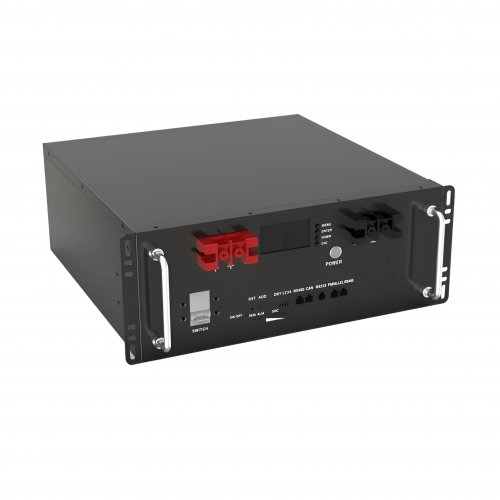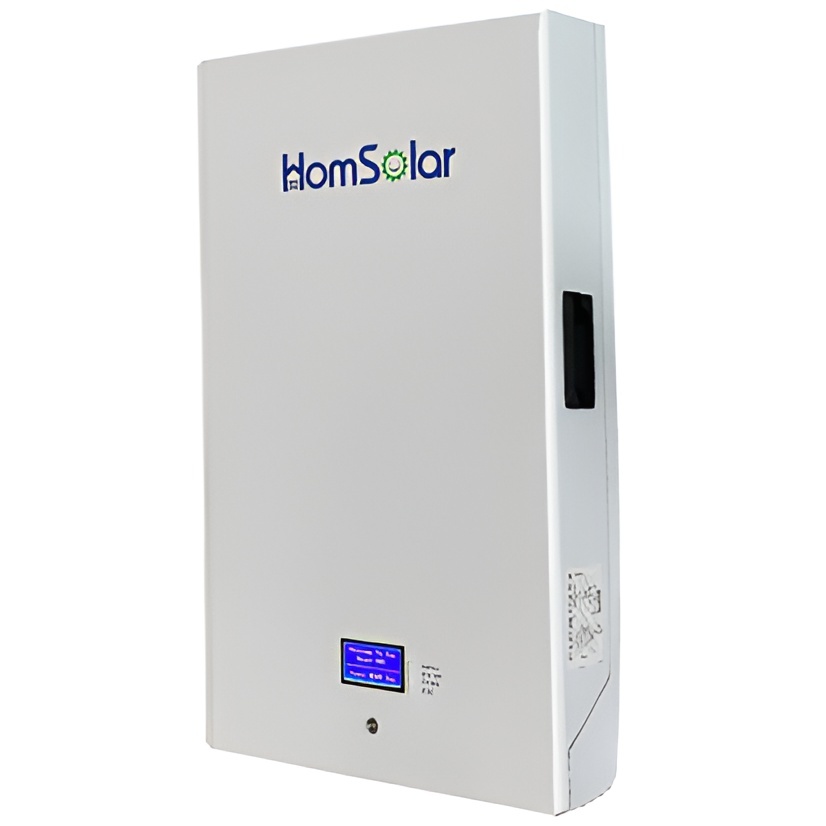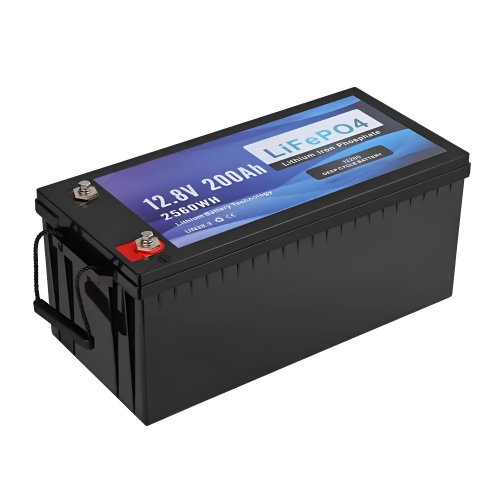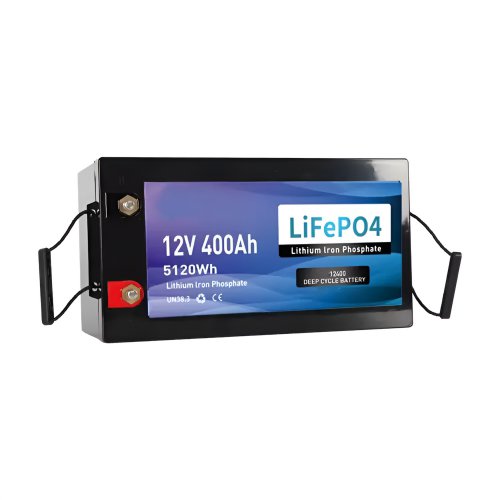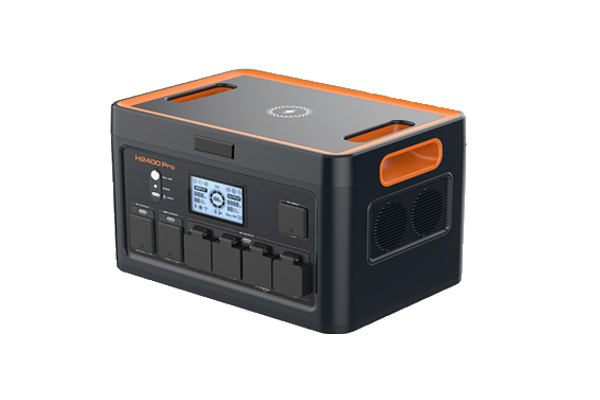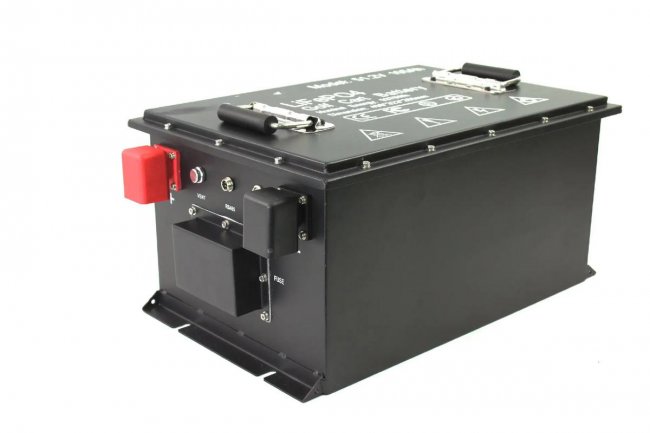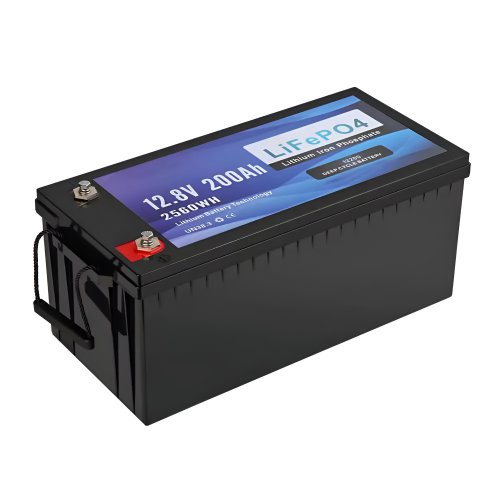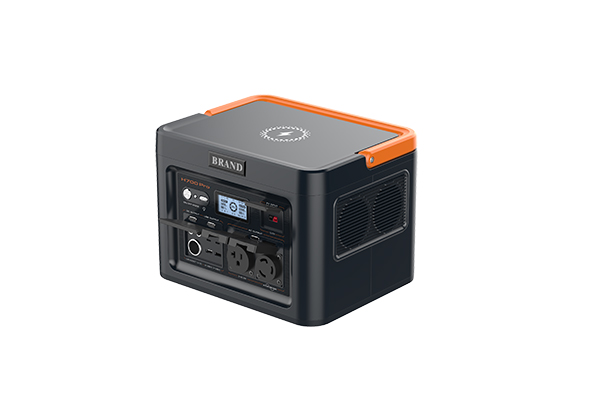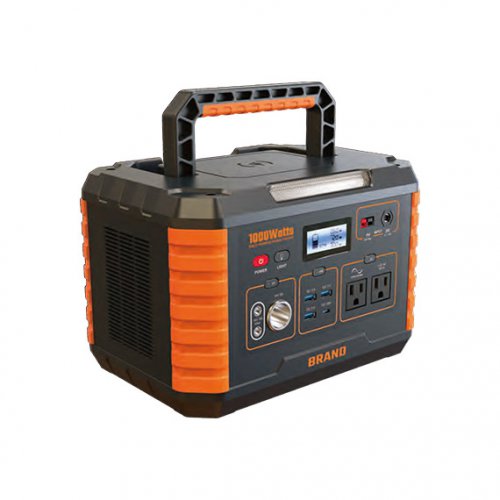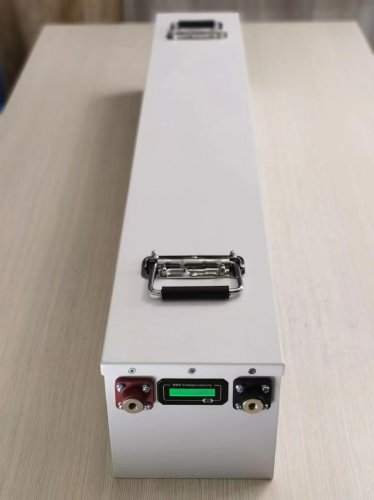Exploring the role of hybrid energy hubs: introducing IEA PVPS Task 20
Hybrid energy hubs combine renewable energy generation, digital tools, and energy storage solutions, including hydrogen production via electrolysis. Unlike standalone renewable energy systems, these hubs balance energy supply and demand more effectively by leveraging the complementary characteristics of wind and solar power. Designed to adapt to regional conditions such as climate, market needs, and regulatory frameworks, hybrid energy hubs are versatile solutions for integrating renewable energy into diverse sectors, including heavy industry and transportation.
Task 20 emphasizes the potential of green hydrogen as a clean energy carrier. By coupling the electricity generated by renewable sources with hydrogen production, the Task aims to demonstrate the technical and economic feasibility of these systems, which can support decarbonization efforts in areas where direct electrification is not practical.
Collaborative Expertise Across Three TCPs
Task 20 is a collaborative effort involving the PVPS, Wind, and Hydrogen TCPs, each contributing specialized knowledge and resources. This approach ensures a comprehensive exploration of the technical, economic, and societal dimensions of hybrid systems. By combining expertise from these three domains, the Task provides a platform for developing robust solutions that address the challenges of integrating renewable energy at scale.
Addressing Local and Global Needs
The scope of Task 20 is both broad and tailored. It covers the design and operation of hybrid plants while accounting for local diversity in climate, market structures, and regulations. For example, the Task will explore use cases for specific geographic locations, providing insights into how hybrid systems can optimize performance under varying conditions. These studies will include considerations like grid connectivity, storage capacity, and legal frameworks to ensure applicability in different markets.
The Task also focuses on developing reference designs that stakeholders can use as blueprints for hybrid systems. These designs integrate wind, solar, and hydrogen technologies, offering adaptable solutions for both onshore and offshore applications. Task 20’s deliverables will include a shared database consolidating research findings and field trial results, serving as a valuable resource for policymakers, researchers, and industry leaders.
Environmental and Societal Considerations
One of the central objectives of Task 20 is to address the environmental and societal dimensions of hybrid energy hubs. Lifecycle assessments (LCAs) will evaluate the environmental footprint of these systems, examining factors such as material use, emissions, and end-of-life management. The findings will help identify best practices for minimizing ecological impacts while enhancing system efficiency.
Societal acceptance is another focus area. Task 20 will provide tools and templates to facilitate engagement with local communities, ensuring that projects align with public expectations and needs. By addressing issues such as land use, ecological impact, and public perception, the initiative aims to make hybrid energy hubs socially sustainable.
Legal and Economic Frameworks
Hybrid energy hubs require clear regulatory and economic frameworks to succeed. Task 20 will develop resources such as checklists and contract templates to guide project developers through the regulatory process. These tools aim to streamline project planning, reduce costs, and enhance the bankability of hybrid systems. The Task will also explore economic metrics like the levelized cost of hydrogen (LCOH), providing stakeholders with actionable data to evaluate project viability.
Delivering Practical Outcomes
Task 20’s outputs are designed to be practical and applicable. By synthesizing insights from its various subtasks, the initiative will produce guidelines, benchmarks, and recommendations for integrating hybrid systems into energy infrastructures worldwide. These deliverables will support stakeholders in overcoming technical, economic, and societal challenges, enabling the broader adoption of green hydrogen.
Moving Forward with Task 20
As hybrid energy systems continue to gain importance in the global transition to renewable energy, Task 20 will provide the tools, insights, and frameworks needed to make these systems a reality. By integrating wind, solar, and hydrogen technologies, hybrid energy hubs offer a pathway to overcoming the intermittency challenges of renewable energy while supporting broader decarbonization goals.
Author: Bettina Sauer
This article is part of a monthly column by the IEA PVPS program.
Customized/OEM/ODM Service
HomSolar Supports Lifepo4 battery pack customization/OEM/ODM service, welcome to contact us and tell us your needs.


HomSolar: Your One-stop LiFePO4 Battery Pack & ESS Solution Manufacturer
Our line of LiFePO4 (LFP) batteries offer a solution to demanding applications that require a lighter weight, longer life, and higher capacity battery. Features include advanced battery management systems (BMS), Bluetooth® communication and active intelligent monitoring.

Customised Lithium Iron Phosphate Battery Casing
ABS plastic housing, aluminium housing, stainless steel housing and iron housing are available, and can also be designed and customised according to your needs.

HomSolar Smart BMS
Intelligent Battery Management System for HomSolar Energy Storage System. Bluetooth, temperature sensor, LCD display, CAN interface, UART interface also available.


Terminals & Plugs Can Be Customized
A wide range of terminals and plugs can be customised to suit the application needs of your battery products.

Well-designed Solutions for Energy Storage Systems
We will design the perfect energy storage system solution according to your needs, so that you can easily solve the specific industry applications of battery products.



About Our Battery Cells
Our energy storage system products use brand new grade A LiFePO4 cells with a battery lifespan of more than 4,000 charge/discharge cycles.



Applications in Different Industries
We supply customized & OEM battery pack, assemble cells with wiring, fuse and plastic cover, all the cell wires connected to PCB plug or built BMS.
Applications: E-bike, Electric Scooter, Golf Carts, RV, Electric Wheelchair, Electric Tools, Robot Cleaner, Robot Sweeper, Solar Energy Storage System, Emergency Light, Solar Power Light, Medical Equipment, UPS Backup Power Supply.
We can provide you with customized services. We have the ability to provide a vertical supply chain, from single cells to pack/module and to a complete power solution with BMS, etc.


HomSolar (Shenzhen) Technology Co., Ltd







